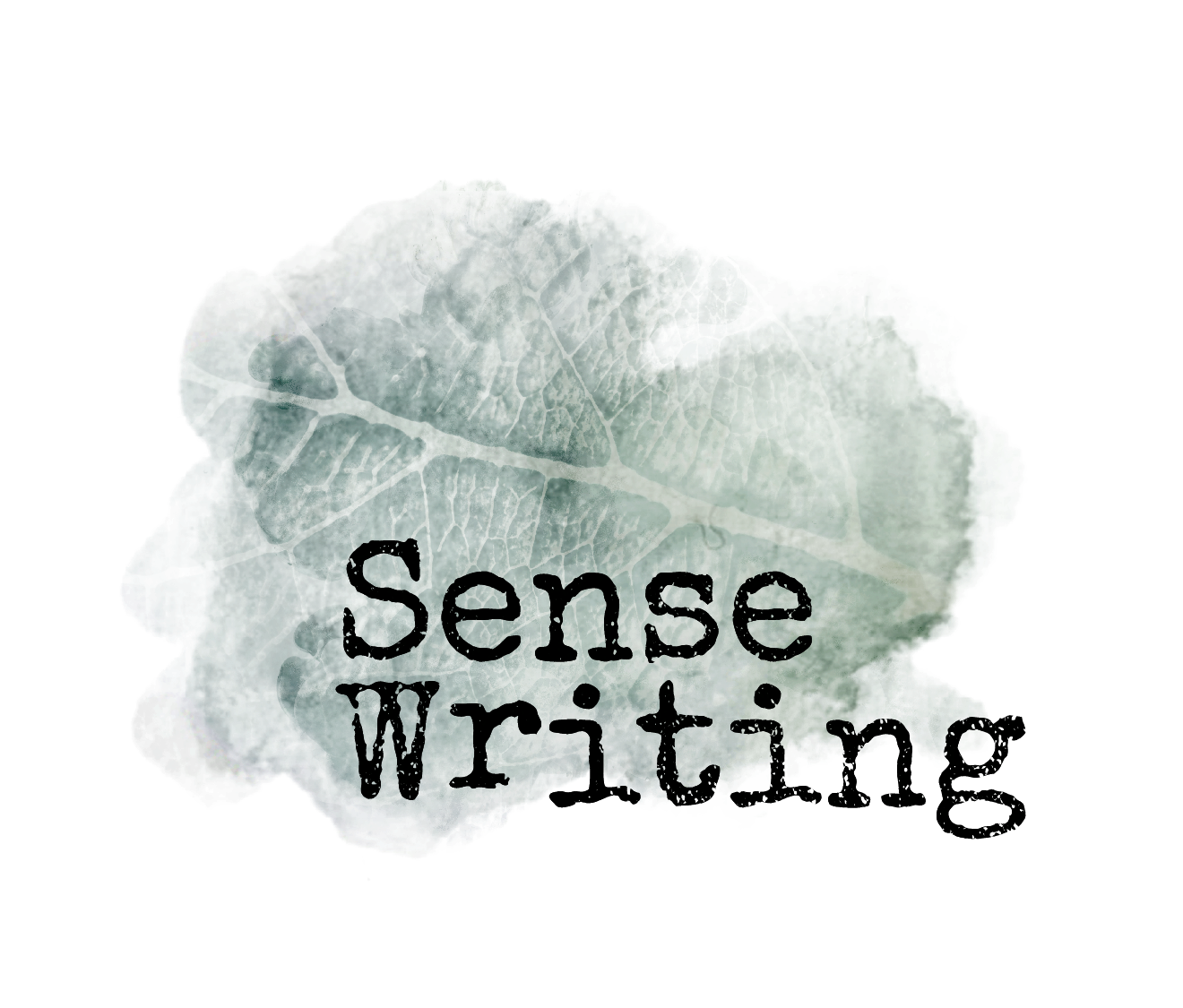In this series, I’ve been talking a lot about subversiveness.
And when we're talking about subversiveness, it naturally raises the question: what are we subverting?
In the last email, you had the chance to experience, in a Sense Writing sequence, how lying down on the floor subverts expectations of how we engage in our creative practice.
Lying down on the floor—the literal act of becoming horizontal—pauses the forward momentum of our everyday narratives. Our body state changes. Patterns that normally keep us stuck are interrupted.
Grounding and lying down on the floor can open pathways to create new, surprising stories, and ultimately invites us to deepen and expand the way we tell our stories.
And sometimes, when we talk about subversiveness it can slide into talking about “opposition.”
Though that's where the idea of subversiveness might start, where we settle in is not about opposing or objecting at all—but a radical sense of wholeness.
That’s because in Sense Writing, grounding is not an answer to something outside of ourselves. It’s not a reaction to the outside world or another person. It’s not external at all.
In fact, it’s so innate that it’s what we did as babies and toddlers—teaching ourselves to roll over, crawl, walk, fall—in a highly exploratory, non-linear process of organic learning.
As we grew out of this more exploratory state, we learned to identify sensations, emotions, discomfort as problems to be “fixed.”
If our head hurts, pop an aspirin. If we feel blocked creatively, sit down and will power through (even though we might feel that with every word, we’re writing away from ourselves).
What is presented to us as a linear problem/solution binary often leads us to feeling like there is a need to fix, improve, or change. This cycle creates separation within us and keeps us cut off from feeling whole.
Sense Writing is about returning that wholeness.
The Joy of Engaged Relaxation
Embodied approaches that work with deep principles of neuroplastic learning—including Feldenkrais and Sense Writing—are about returning to wholeness. Neuroplastic techniques utilize the whole system, without the need to problematize any part of it.
Returning to wholeness is about embodiment itself, and how embodiment connects us, not just to memory, imagination, and emotion, but also to thought and language.
Embodiment gives us access to a complex web of perception and understanding that we can refine—and that we can use as an ever-yielding resource and foundation for our creative practice.
Rather than pushing through blocks and striving to express our deepest selves, this path to deep neuroplastic learning helps us build skills to access a relaxed parasympathetic state.
But it’s more than just about being “relaxed.”
When we’re in an engaged parasympathetic state, our neural pathways branch out and connect, learning how to be in the world, internally, externally, and organically.
Sense Writing helps us rediscover that process.
A process that we’ve already experienced as infants and toddlers, as most of us learned through experimentation, reversing, repeating, finding variations, and then choosing the most optimal for that moment.
Our motivation was often curiosity and pleasure— and play. And we did it with all the time in the world.
When we're more whole and embodied, we’re better able to notice, integrate what's around, discover existing narratives, and feel into new ones. In this state, we connect deeply to our creative core, without reacting to the external up-and-down of everyday life.
Sense Writing uses the power of working on the deep foundational levels of the body and nervous system, not just to repair and remedy, but to connect to creative practice, expression, and craft.
If you’d like the chance to experience this, try the gift sequence from our last Facebook post (#4).
This leads us to create from a place of organic curiosity and pleasure, rather than instilled fear or competition.
And when we do, we discover something radical inside ourselves—not opposing anything, but wide open.



